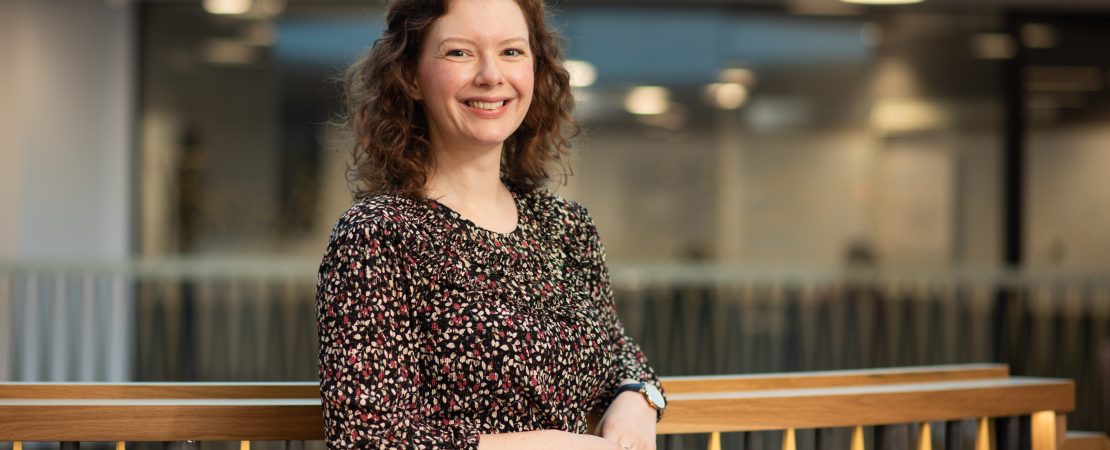
Two days which will accelerate the UK’s first low carbon heat network cluster
Late last month, two major energy sector events took place in Newcastle. Marissa Granath, Programme Manager – Energy Accelerator at the North East Local Enterprise Partnership (North East LEP) explains how these two days moved the North East’s plans to become the UK’s first low carbon heat network cluster to the next stage.
The last few weeks have been exciting for the North East’s energy sector. On 20 September we hosted the Association for Decentralised Energy’s (ADE) annual heat networks conference at the Common Room in Newcastle, the former headquarters of the North East Mining Institute. This was followed by a day-long senior leaders’ forum which the North East LEP hosted jointly with the Danish Embassy in partnership with the Department for Business, Energy and Industrial Strategy (BEIS) and the ADE.
These events happened in Newcastle because of the amount of work that’s taking place in our region on heat networks, and because we’re ready to take the next step in creating the first low carbon heat cluster in the UK.
A focus on heat network zoning
This year, the focus of the ADE’s annual conference was on heat networks zoning: an important policy, if the UK is going to meet its ambitious targets for decarbonising heat.
Zoning identifies areas where a heat network is the lowest cost low carbon option for heating. Legislation then enforces the use of the heat network for certain types of existing and new buildings, helping networks to expand and play their part in fighting climate change, and giving developers certainty that they build efficient, viable low carbon heat networks. Zoning pilots are already taking place in Newcastle and Sunderland, so we were able to share on-the-ground insights on the realities of implementing zoning.
We heard from a whole range of views from across industry about the potential impact of zoning. A clear message for me was that there needs to be a step change in the pace and scale of heat networks delivery, and that this needs earlier, more strategic collaboration, particularly between local authorities and the private sector. At the North East LEP, we are already working on how we can make this happen regionally.
A track record worthy of recognition
The North East definitely has a track record which justifies its position as the UK leader in heat networks, and the conference was a great opportunity to showcase that.
Key strategic projects have already come to fruition here, like the Gateshead District Energy Scheme which was commissioned back in 2017 and is now one of the very first projects in the UK to use mine water for heating on this scale.
We’re also unusual in taking a whole-region approach, with all seven local authorities working together. Part of my role is to facilitate this collaboration and support colleagues in local and combined authorities to moveprojects through from concept to the final product.
You can see why industry and government are recognising the North East as a real leader in this area. At the conference, we shared the exciting work we are doing in more detail, bringing it to life and creating a real buzz in the room.
Senior leaders’ forum
The day after the ADE conference, the North East LEP and the Danish Embassy held a senior leaders’ forum. This was a facilitated event that brought people together from the heat networks industry, the public sector and from regional political leadership and academia to discuss how we can accelerate the delivery of the UK’s first low carbon heat cluster here in the North East.
In Denmark two in every three homes are supplied by heat network so we were able to learn from Danish expertise as well as share the investment opportunities we have here in our region.
The event was opened by our chair Lucy Winskell and Andrew Clark, the energy lead at the North East LEP. They both shared their thoughts on how the £500m project pipeline can be the anchor for growing the low carbon heat cluster in the North East, and how valuable this will be not just for the region but for supporting rapid growth in heat networks in the UK and overseas.
Our aim was for the event to be action focussed, and this is exactly what happened. We now have the first draft of an action plan for moving these into delivery and transforming our nascent heat networks cluster into the UK’s first official, active, low carbon heat cluster.
Bringing the first low carbon heat network cluster to life
Having all this information and insight in one room was so exciting and meant we can really take action together. And we will also develop a blueprint that other regions can follow, meaning that work taking place here in the North East will help decarbonisation across the whole of the UK.
These two days brought to life our commitment to accelerating the roll-out of low carbon heat and establishing the North East as a place where UK firsts are being delivered. We are now looking forward to continuing our work with industry and our public sector and academic partners to deliver the actions that came out of the day.
